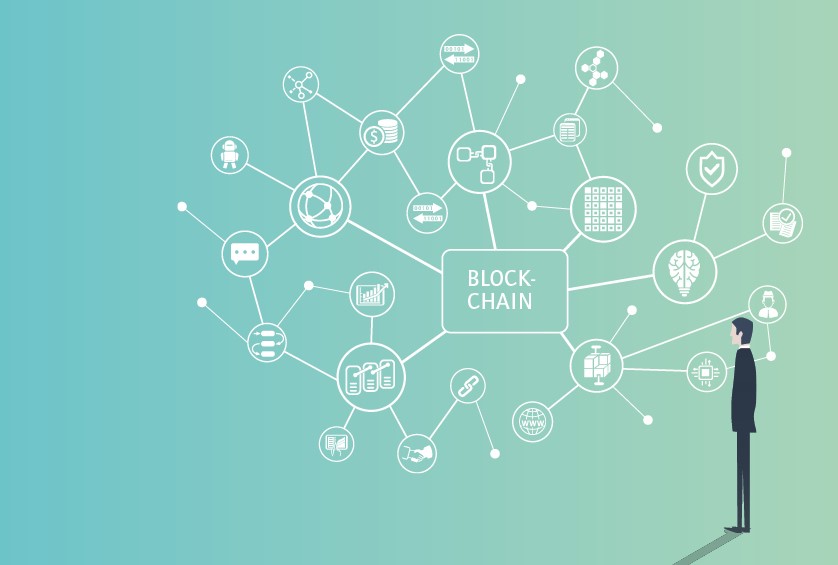5 questions about blockchain technology
“A blockchain stores everything, including fake news and offensive comments.”

Interview with Claudia Eckert
Fraunhofer Institute for Applied and Integrated Security (AISEC)
Technical University of Munich, Chair for IT Security
1. Everyone is talking about blockchain at the moment – are there any unanswered questions in relation to this technology?
There are still a lot of misconceptions and unanswered questions in relation to blockchain. For instance, it is often assumed that the data in a blockchain is always trustworthy and accurate. In actual fact, however, the veracity of the data is not necessarily verified before it is added to the blockchain.
2. The data in a blockchain cannot be deleted. What are the implications of this?
You are quite right, the data in a blockchain is stored permanently. While on the one hand this ensures reliability, it also means that once inaccurate information has been written to a blockchain, it cannot be removed. A blockchain stores everything, including fake news and offensive comments. The fact that data cannot be deleted is also at odds with the ‘right to be forgotten’ that is enshrined in the EU General Data Protection Regulation (GDPR).
3. Staying on the subject of privacy, what about the conditions for participating in a blockchain – are all users anonymous?
In principle, anyone can participate in an open, public blockchain. Since all participants are registered under a pseudonym, their identity is not immediately visible to all the other participants. However, many use cases do require the pseudonym to be linked to a traceable user identity. There are several areas of application where we have yet to clarify exactly how this happens.
4. One frequently cited benefit of blockchain is that it can perform the role of a notary. Does this have any downsides?
Blockchain is certainly capable of replacing notarial certificates and other statements that have to be witnessed by a certified authority. However, as far as I know, no detailed legal framework has yet been developed for this. I also wonder whether people actually want to replace these authorities with something like blockchain. After all, there are other aspects to a notary’s job, such as providing advice.
Question 5 has been omitted for editorial reasons.
Interview series „5 questions about blockchain technology“
Also read:
Interview with Hauke Stars, Deutsche Börse AG
Interview with Dirk Wittkopp, IBM Deutschland Research & Developement


